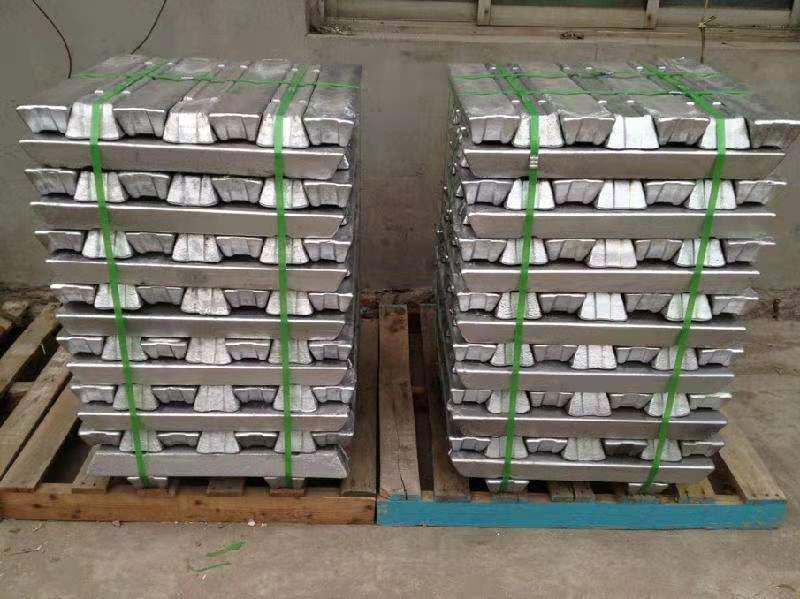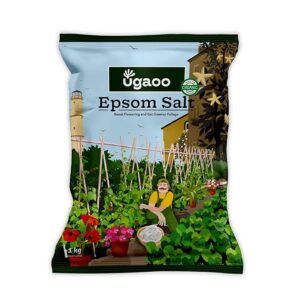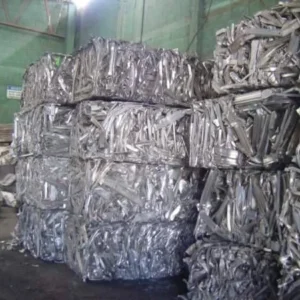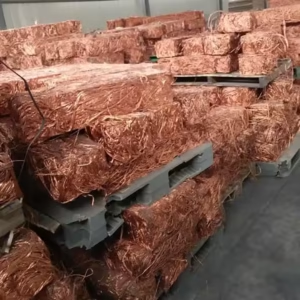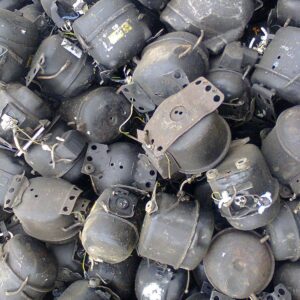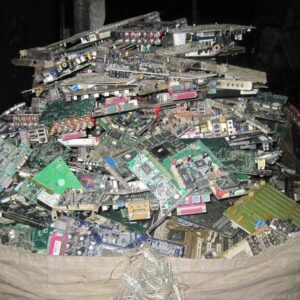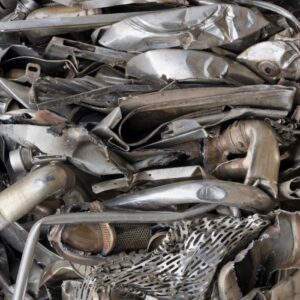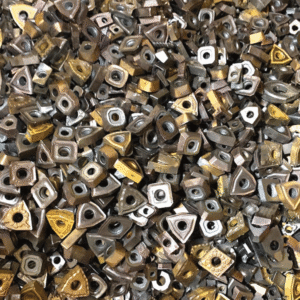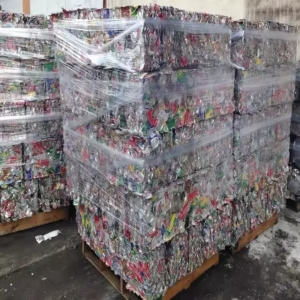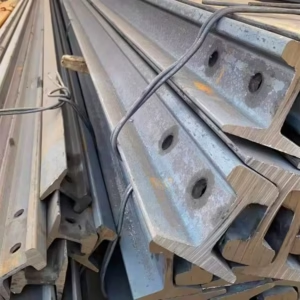Now when we know what aluminium ingot is, let us learn how they are made. In the cast house, crucibles of molten aluminium empty their silvery liquid either directly into molds or into a holding furnace where the metal is kept molten at temperatures between 1200 and 1500 degrees Fahrenheit. Then 400kA electrical currents are passed through the mixture to break the bond between the aluminium and oxygen. The result is 99.8% pure aluminium.
The process of casting aluminium ingots takes place through majorly two routes – either from alumina through primary aluminium or the fusion and refining of aluminium scrap. Ingots obtained through the first type of process are called primary ingots and the second type is called secondary ingots. Depending on the purity of ingots, they can also be pure or alloy ingots.
Types of aluminium ingots
Aluminium ingots are produced through the smelting process. Various grades of ingots are produced which are used for the production of castings in the auto industry as well as electrical applications. Ingots of various dimensions come with a maximum purity of 99.7%. Ingots are the material that is cast into a shape suitable for further processing. Ingots usually require a second procedure of shapings, such as cold/hot working, cutting, or milling to produce a useful final product. Aluminium Ingots are re-melted and further processed into a large number of products for various downstream applications.
- Primary aluminium ingots – these are ingots of the unalloyed or alloyed aluminium cast from primary aluminium
- Secondary aluminium ingots are those obtained by recycling scrap
- Remelt ingots are those suitable for remelting. Those include large ingots called “sows” (~ 500 kg) and small ingots called “pigs” (less than 25 kg)
- Extrusion ingots are intended and suitable for extruding, typically of solid circular cross-section, sometimes with a central hollow or a flattened cross-section
- T-Ingots are shaped in tri-lock shapes and designed for efficient and secure handling, are used across the construction industry, transportation, electrical goods to household appliances, T- ingots are re-melted to produce a wide variety of end products that cover the entire spectrum of aluminium applications.

